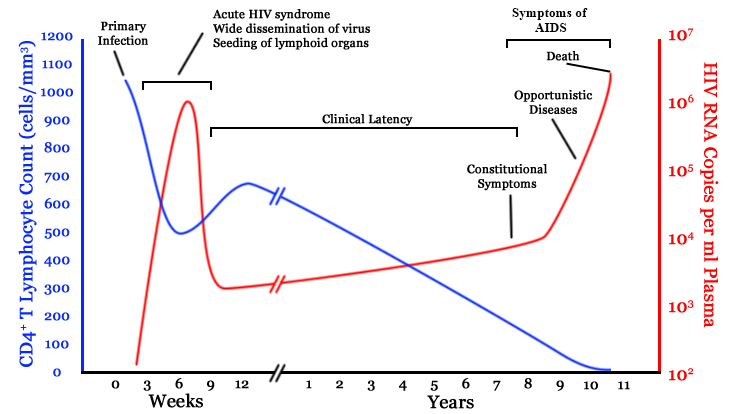- Messages
- 35
- Location
- SC
Believe me, I tested HIV+ with full-blown AIDS!!!! By the time I got to the infectious disease doctor, I was half dead! My CD4's were 78 with a viral load greater than 100,000 (the limit of the machine). I also had numerous diseases to go along with the test results. My viral load has been as high as 3,200,000, on a different machine but without AIDS defining diseases.
I knew nothing about AIDS, so I began to do research and the more that I did, many things were not adding up, so after a very long and hard ordeal, I decided that the AIDS rethinkers made much more sense in their arguments. So this is why I stopped the meds. Actually, after I rebuilt my health via, supplements, herbs, healthy diet and the meds, I was as good as new within several months. However, my old symptoms of chronic fatigue and the pain from fibromyalgia always came back. At various times, I could never understand how the HAART worked on these non-AIDS conditons, until I learned about the XMRV and its treatment. Everything started to make sense, as whenever I stopped the HAART, I never had what would be considered AIDS defining diseases then, only my old symptoms for years.
To me, I certainly would place much more stock in the MXRV virus, because it causes so many problems and for me decades of issues. Believe me, I know what you folks are going through. Your quality of life is never good.
I knew nothing about AIDS, so I began to do research and the more that I did, many things were not adding up, so after a very long and hard ordeal, I decided that the AIDS rethinkers made much more sense in their arguments. So this is why I stopped the meds. Actually, after I rebuilt my health via, supplements, herbs, healthy diet and the meds, I was as good as new within several months. However, my old symptoms of chronic fatigue and the pain from fibromyalgia always came back. At various times, I could never understand how the HAART worked on these non-AIDS conditons, until I learned about the XMRV and its treatment. Everything started to make sense, as whenever I stopped the HAART, I never had what would be considered AIDS defining diseases then, only my old symptoms for years.
To me, I certainly would place much more stock in the MXRV virus, because it causes so many problems and for me decades of issues. Believe me, I know what you folks are going through. Your quality of life is never good.

